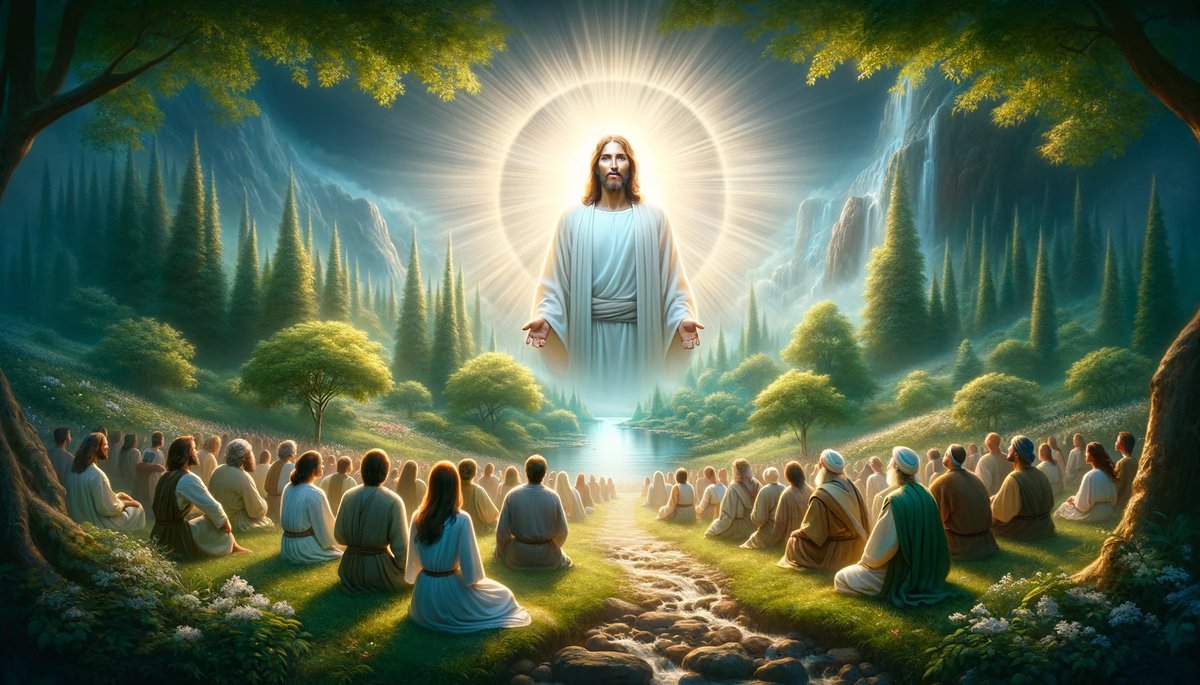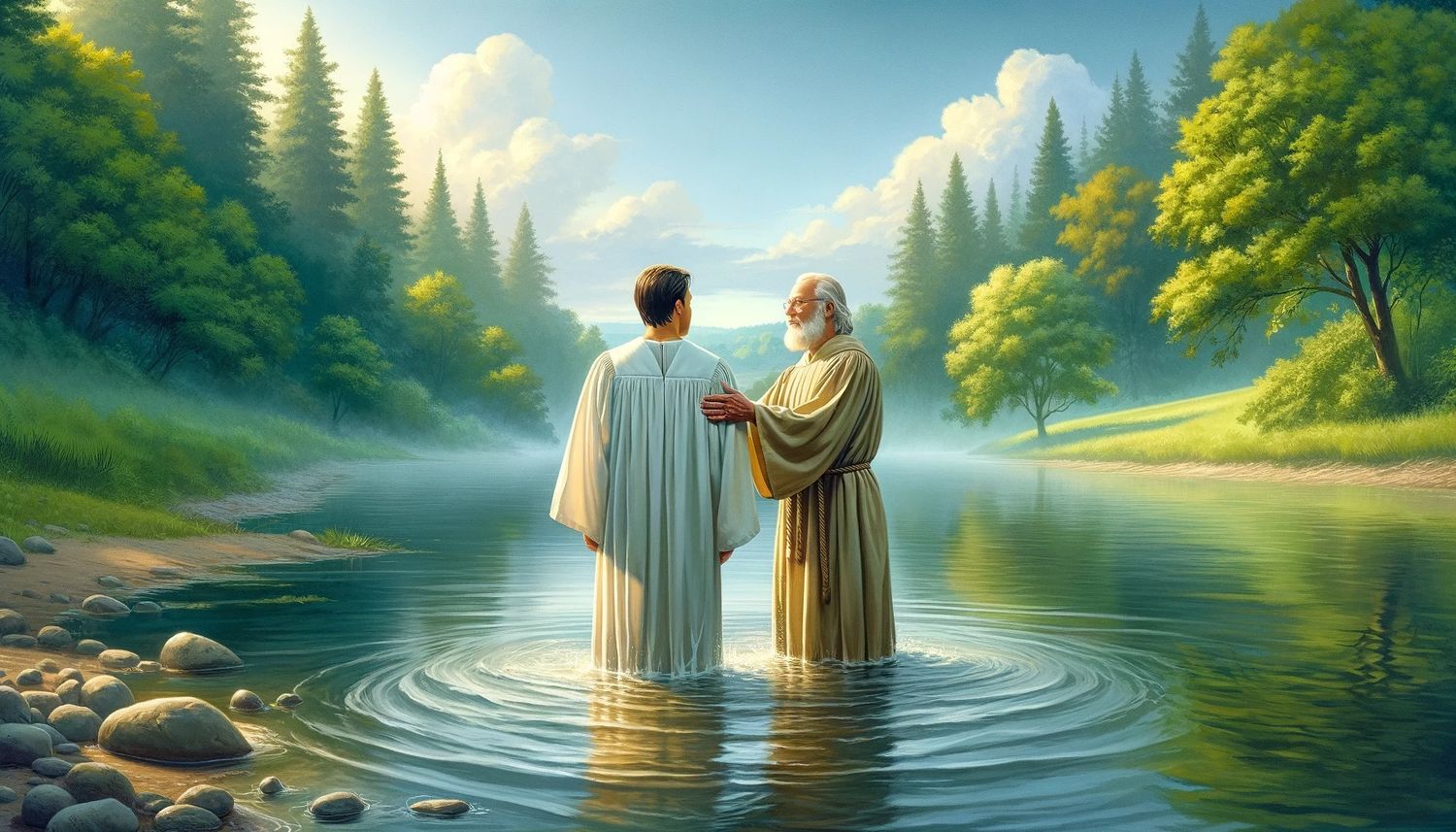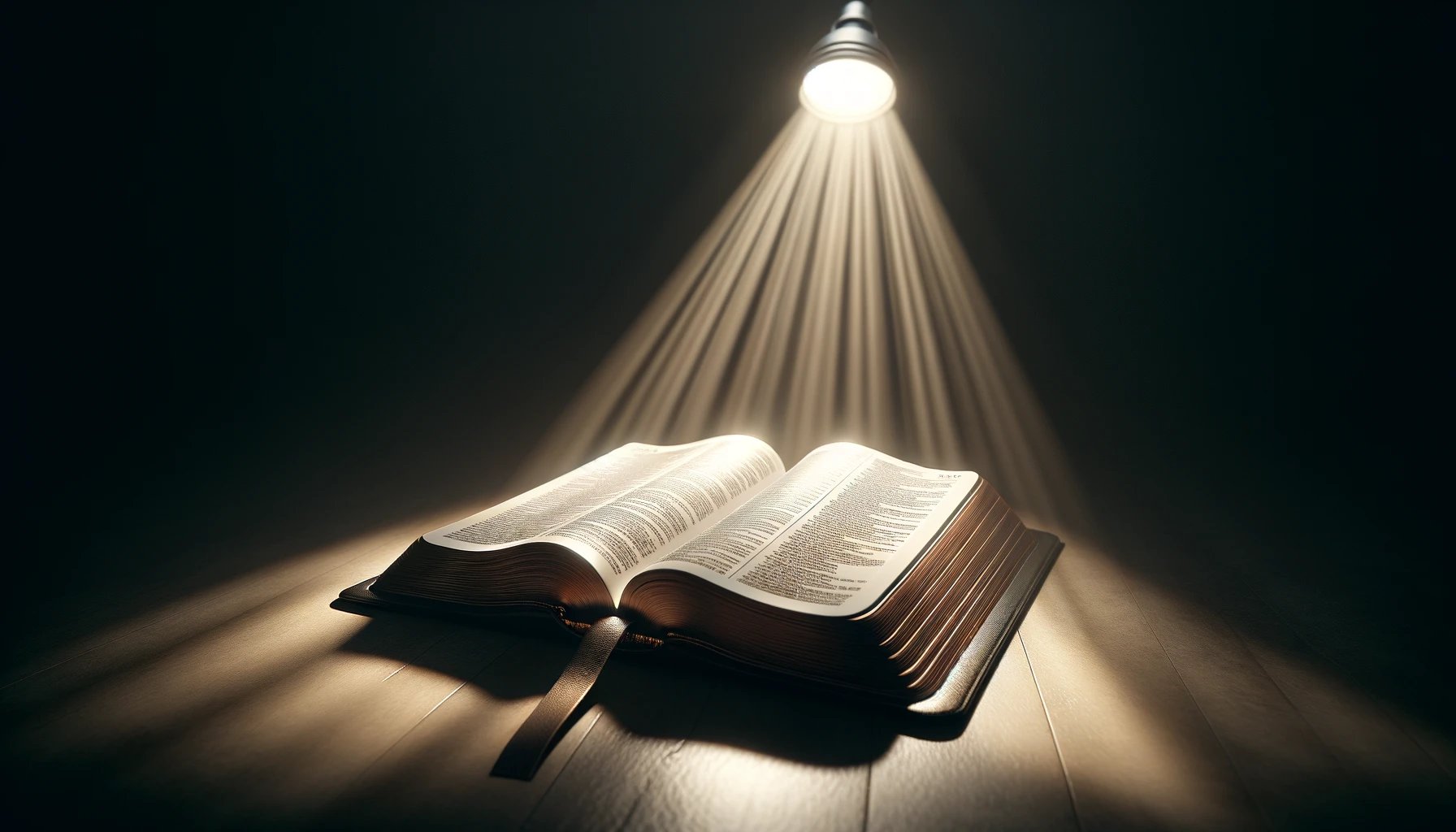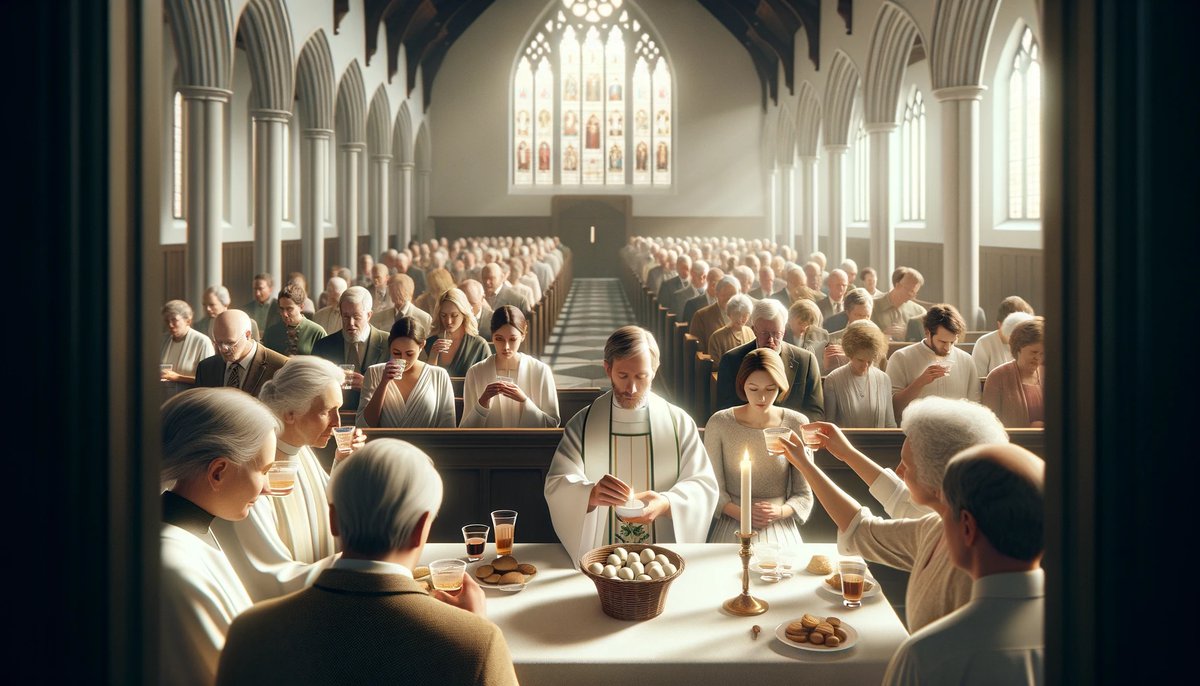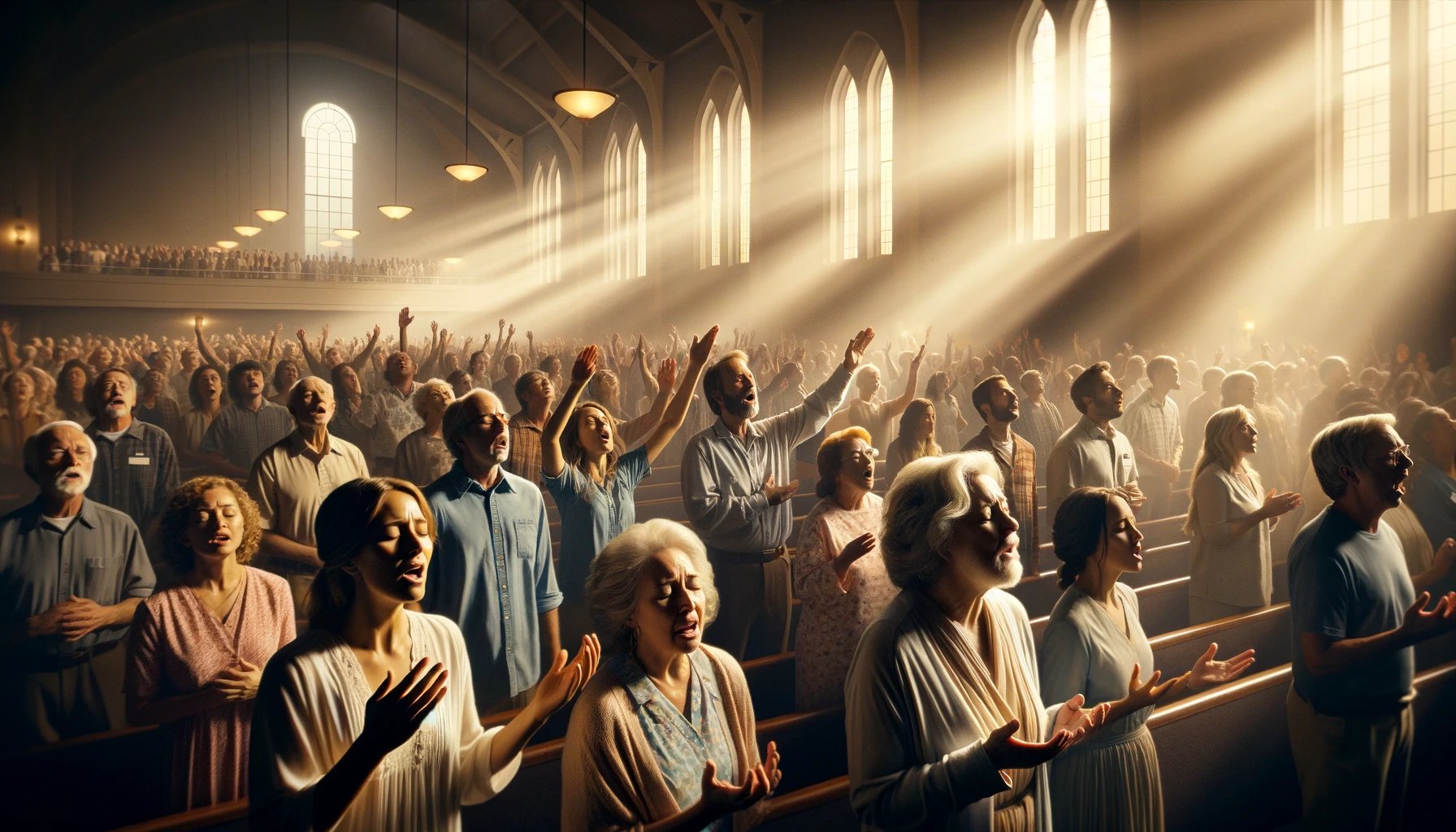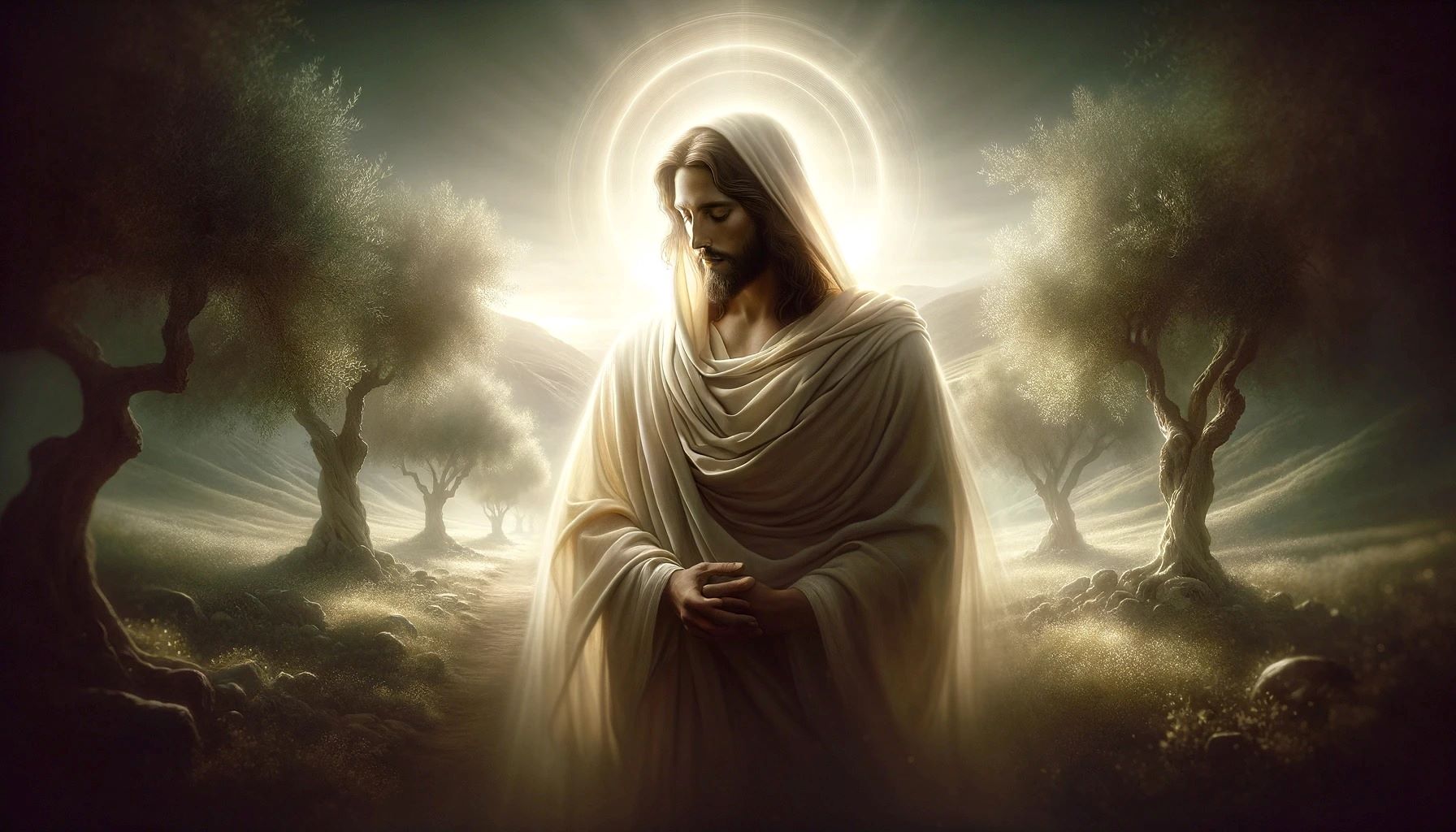Home>Christian Resources>Institutes of the Christian Religion
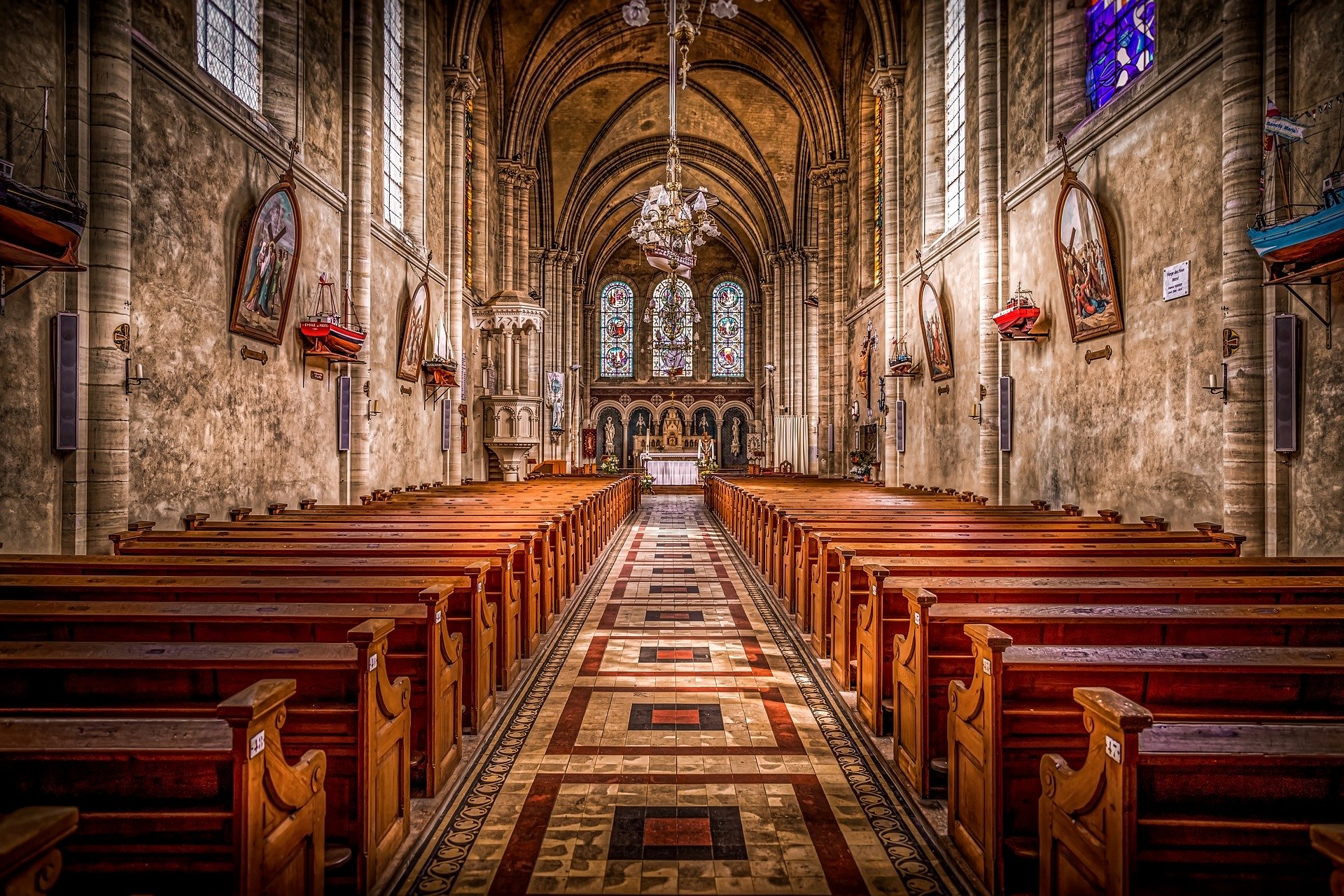

Christian Resources
Institutes of the Christian Religion
Published: November 15, 2019
Peter Smith, Editorial Director at Christian.net, combines deep insights into faith, politics, and culture to lead content creation that resonates widely. Awarded for his contributions to religious discourse, he previously headed a major organization for religious communicators, enhancing dialogue on faith's societal impacts.
Read the volumes of John Calvin's Institutes of the Christian Religion through the Electronic Public Library of the Institute of Practical Bible Education.
(Many of the links in this article redirect to a specific reviewed product. Your purchase of these products through affiliate links helps to generate commission for Christian.net, at no extra cost. Learn more)
The Electronic Public Library
John Calvin
Institutes of the Christian Religion
Return to: [The EPL Index] + [IPB-E Home Page Contents Section
Institutes of the Christian Religion, Volume 1:
A New Translation by Henry Beveridge, Esq. Volume First. Edinburgh: Printed for the Calvin Translation Society, M.DCCC.XLV-M.DCCC.XLVI. Book First: Of the Knowledge of God the Creator
- Table of Contents of the Electronic Version; The Original Translation’s Preface
- Prefactory Address
- Subject of the Present Work [Prefixed to the last Edition, published at Geneva in 1545.]; Epistle to the Reader [Prefixed to the last Edition, revised by the Author.]; Method and Arrangement, or Subject of the Whole Work [From an Epitome of the Institutions, by Gasper Olevion.]
- General Index of Chapters [All Books]
- Begin Institutes
- Chapter 1: Connection Between the Knowledge of God and the Knowledge of Ourselves. Nature of the connection.
- Chapter 2: What is it to Know God. Tendency of this knowledge.
- Chapter 3: The Human Mind Naturally Imbued with the Knowledge of God
- Chapter 4: This Knowledge stifled or corrupted, ignorantly or maliciously.
- Chapter 5. The Knowledge of God displayed in the fabric and constant Government of the Universe.
- Chapter 6: The need of Scripture as a Guide and Teacher in coming to God as a Creator.
- Chapter 7: The Testimony of the Spirit necessary to give full authority to Scripture. The impiety of pretending that the Credibility of Scripture depends on the judgement of the Church.
- Chapter 8: The Credibility of Scripture sufficiently proved, in so far as Natural Reason admits.
- Chapter 9: All the principles of piety subverted by fanatics who substitute revelations for Scripture.
- Chapter 10: In Scripture, the true God opposed, exclusively, to all the gods of the Heathen.
- Chapter 11: Impiety of attributing a visible form to God. The setting up of Idols a revolt against the True God.
- Chapter 12: God distinguished from Idols, that He may be the exclusive object of Worship.
- Chapter 13 (first half): The Unity of the Divine Essence in Three Persons taught in Scripture, from the foundation of the World.
- Chapter 13 (second half)
- Chapter 14: In the Creation of the World, and all things in it, the True God distinguished by certain marks from fictitious gods.
- Chapter 15: State in which man was created. The Faculties of the Soul – The Image of God – Free Will – Original Righteousness.
- Chapter 16: The World, created by God, still cherished and protected by Him. Each and all of its parts governed by His Providence.
- Chapter 17: Use to be made of this Doctrine.
- Chapter 18: The instrumentality of the wicked employed by God, while He continues free from every taint.
- (… Conclusion, Book 1)
Institutes of the Christian Religion, Volume 2:
Book Second. Of the Knowledge of God the Redeemer, in Christ, As First Manifested to the Fathers, Under the Law, and Thereafter to Us Under the Gospel.
- Table of Contents (Book Second)
- Subject [On the Subject of Redemption]
- Chapter 1: Through the fall and revolt of Adam the whole human race made acursed and degenerate. Of original sin.
- Chapter 2: Man now deprived of freedom of will, and miserably enslaved.
- Chapter 3: Everything proceeding from the corrupt nature of man damnable.
- Chapter 4: How God works in the hearts of men.
- Chapter 5: The Arguments usually alleged in support of free will refuted.
- Chapter 6: Redemption for man lost to be sought in Christ.
- Chapter 7: The Law given, not to retain a people for itself, but to keep alive the hope of salvation in Christ until His advent.
- Chapter 8: Exposition of the Moral Law.
- Chapter 9: Christ, though known to the Jews under the law, yet only manifested under the gospel.
- Chapter 10: The Resemblance between the Old Testament and the New.
- Chapter 11: The Difference between the two Testaments.
- Chapter 12: Christ, to perform the office of Mediator, behoved to become man.
- Chapter 13: Christ clothed with the true substance of human nature.
- Chapter 14: How two natures constitute the Person of the Mediator.
- Chapter 15: Three things briefly to be regarded in Christ; vis., His offices of prophet, king, and priest.
- Chapter 16: How Christ performed the office of Redeemer in procuring our salvation. The Death, resurrection, and ascension of Christ.
- Chapter 17: Christ rightly and properly said to have merited grace and salvation for us.
- (… Conclusion, Book 2)
Institutes of the Christian Religion, Volume 3:
Book Third. The Mode of Obtaining the Grace of Christ. The Benefits It Confers, and the Effects Resulting From It.
- Table of Contents (Book Third)
- Subject [An overview of Book 3]
- Chapter 1: The Benefits of Christ made available to us by the secret operation of the Spirit.
- Chapter 2: Of faith. The Definition of it. Its peculiar properties.
- Chapter 3: Regeneration by faith. Of repentence.
- Chapter 4: Pentinence, as explained in the sophistical jargon of the Schoolmen, widely different from the purity required by the Gospel. Of confession and satisfaction.
- Chapter 5: Of the modes of supplementing satisfaction, vis., indulgences and purgatory.
- Chapter 6: The Life of a Christian man. Scriptural arguments exhorting to it.
- Chapter 7: A Summary of the Christian life. Of self-denial.
- Chapter 8: Of bearing the cross–One branch of self-denial.
- Chapter 9: Of mediating the future of life.
- Chapter 10: How to use the present life, and the comforts of it.
- Chapter 11: Of justification by Faith. Both the name and the reality defined.
- Chapter 12: Necessity of contemplating the judgement-seat of God, in order to be seriously convinced of the doctrine of gratuitous justification.
- Chapter 13: Two things to be observed in gratuitous justification.
- Chapter 14: The Beginning of justification. In what sense progressive.
- Chapter 15: The Boasted merit of works subversive both of the glory of God, in bestowing righteousness, and of the certainty of salvation.
- Chapter 16: Refutation of the caulmnies by which it is attempted to throw odium on this doctrine.
- Chapter 17: The Promises of the Law and the Gospel reconciled.
- Chapter 18: The Righteousness of works improperly inferred from rewards.
- Chapter 19: Of Christian liberty.
- Chapter 20: Of prayer–a perpetual exercise of faith. The daily benefits derived from it.
- Outline of Sections in Chapter 20
- Sections 1-9.
- Chapter 20 (continued): Sections 10-18.
- Chapter 20 (continued): Sections 19-30.
- Chapter 20 (continued): Sections 31-44.
- Chapter 20 (continued): Sections 45-52.
- Notes, Chapter 20, (End)
- Chapter 21: Of the eternal election, by which God has predestined some to salvation, and others to destruction.
- Chapter 22: This doctrine confirmed by proofs from Scripture.
- Chapter 23: Refutation of the caulmnies by which this doctrine is always unjustly assailed.
- Chapter 24: Election confirmed by the calling of God. The Reprobate bring upon themselves the righteious destruction to which they aredoomed.
- Outline of Sections in Chapter 24
- Sections 1-9.
- Chapter 24 (continued): Sections 10-17 (end)
- Chapter 25: Of the last resurrection.
- (… Conclusion, Book 3)
Institutes of the Christian Religion, Volume 3:
Book Fourth. Of the Holy Catholic Church.
- Table of Contents, Argument
- Chapter 1: Of the true Church. Duty of cultivating unity with her, as the mother of all the godly.
- Chapter 2: Comparison between the false church and the true.
- Chapter 3: Of the teachers and ministers of the Church. Their election and office.
- Chapter 4: Of the state of the primitive Church, and the mode of government in use before the papacy.
- Chapter 5: The ancient form of government utterly corrupted by the tyranny of the papacy.
- Chapter 6: Of the primacy of the Romish see.
- Chapter 7: Of the beginning and rise of the Romish papacy till it attained a height by which the liberty of the church was destroyed, and all true rule overthrown.
- Chapter 8: Of the power of the church in articles of faith. The unbridled license of the papal church in destroying purity of doctrine.
- Chapter 9: Of councils and their authority.
- Chapter 10: Of the power of making laws. The cruelty of the pope and his adherents, in this respect, in tyrannically oppressing and destroying souls.
- Chapter 11: Of the jurisdiction of the church and the abuses of it, as exemplified in the papacy.
- Chapter 12: Of the discipline of the Church, and its principal use in censures and excommunication.
- Chapter 13: Of vows. The miserable entanglements caused by vowing rashly.
- Chapter 14: Of the sacraments.
- Chapter 15: Of Baptism.
- Chapter 16: Paedobaptism. Its accordance with the institution of Christ, and the nature of the sign.
- Chapter 17 (Sections 1-25): Of the Lord’s Supper, and the benefits conferred by it.
- Chapter 17 (Sections 25-end)
- Chapter 18: Of the Popish mass. How it not only profanes, but annihilates the Lord’s Supper.
- Chapter 19: Of the five sacraments, falsely so called. Their spuriousness proved, and their true character explained.
- Chapter 20: Of civil government.
-
- (… Conclusion, Book 4)
http://www.iclnet.org/pub/resources/text/ipb-e/ipbe-home.html
HTML versions of many of documents recommended by IPB-E will be located at Harry Plantinga’s Christian Classics Ethereal Library – Gospel Choirs
ICLnet: [Early Church History Guide] + [Home Page] + [Reading Room]

